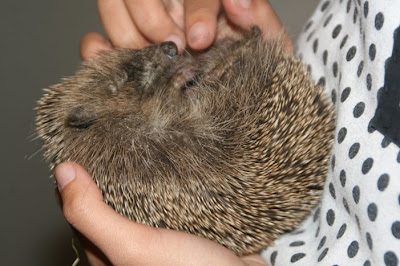
The article read:
A woman battling with 15 feral cats on her property is at her wits’ end after being refused help.
Grey Lynn resident Rosalina Solomona-Kali says her property has become home to a growing number of cats during the last several months.
She says her two sons are constantly sick with colds, allergies and flea bites and her sister’s two young children contracted scabies while on a visit from Australia last year.
"They just came out of nowhere and before you knew it they were breeding," she says.
"I can’t understand it because we’re not feeding them."
Ms Solomona-Kali started phoning the SPCA in October last year, in the hope it could help with the problem.
She says she was told her only choice would be to hire trapping equipment for each of the cats from a pest control company, at a cost of $50 each.
"I’m from a low-income family, I can’t afford $50 each for 15 cats that aren’t mine," she says.
Ms Solomona-Kali has also contacted the Auckland City Council and the Auckland Regional Council who both said they are unable to help.
She also sent a letter to Auckland mayor John Banks pleading for help.
A response Mr Banks on March 6 confirmed there is no legal action the council can take as the cats have no owner.
In the letter Mr Banks suggests methods such as using Zoo Poo fertiliser and placing mirrors or bottles of water around the garden to scare the cats away.
Mr Banks calls the trapping of cats "emotive, expensive and not without problems", and says it is also often an ineffective and only temporary solution.
But Ms Solomona-Kali says there is such a large number of the cats, she doesn’t think minor measures such as mirrors will work.
She says the skittish, un-tamed cats, some of which are very young kittens, would be difficult to catch without professional help.
The situation has left her feeling exasperated and helpless, she says.
"I’ve gone through all the right pipelines and no-one wants to help me."
When contacted by the Auckland City Harbour News, regional council biosecurity officer Andrew Stein confirmed it is unable to help as it only deals with feral cat populations in rural areas.
SPCA chief executive Bob Kerridge also suggested that Ms Solomona-Kali contact a pest control company who would trap the cats
But after calling several pest control companies in the wider Auckland area, the Auckland City Harbour News was unable to find any who could help.


We responded to this article in the paper by offering to desex, vet check and feed the cats until we find them permanent homes.
This blog will follow their journey, please check back regularly to see what the cats are up to and how you can help.





































